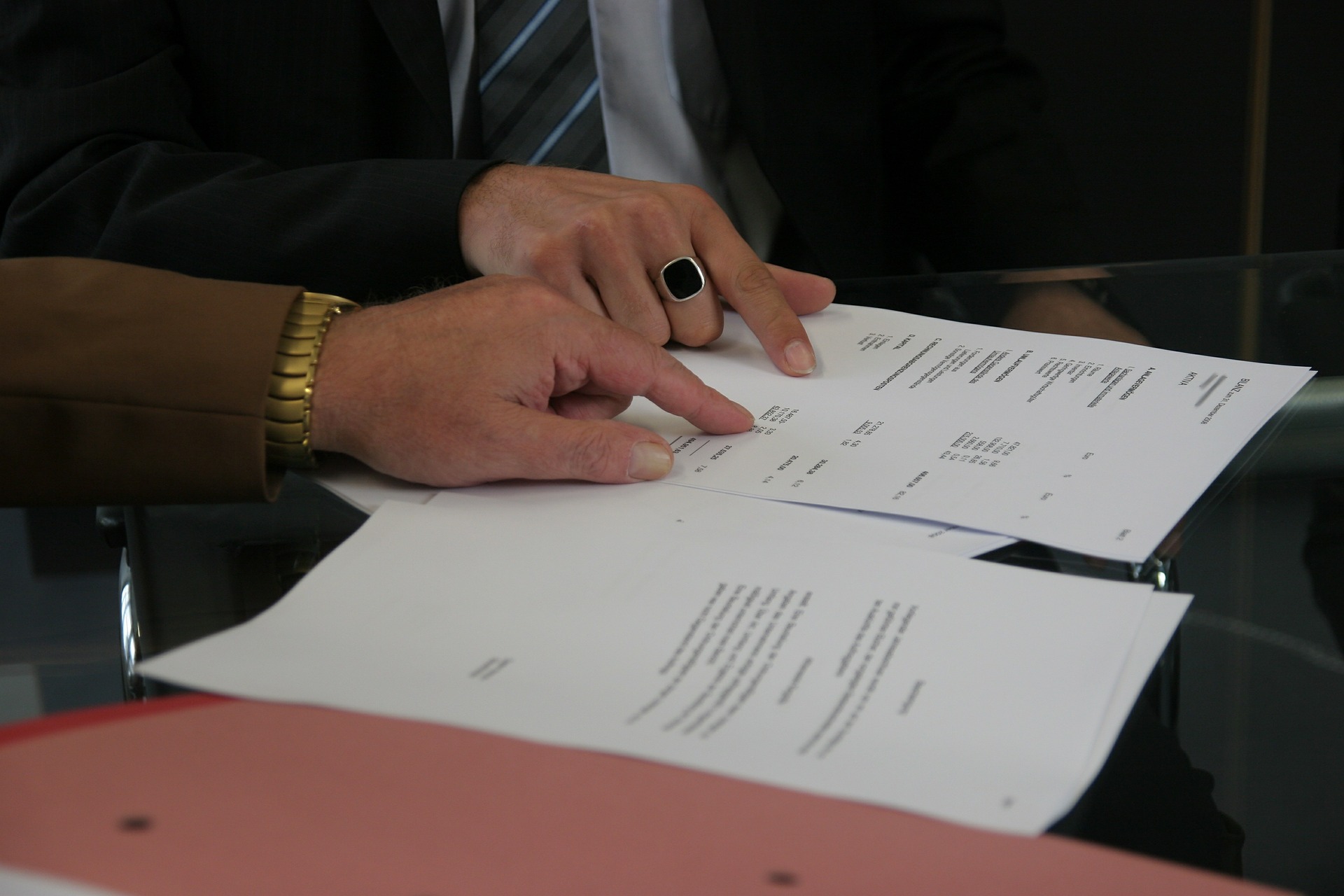
The Discovery Process
Once the divorce petition has been filed, and the Respondent has had an opportunity to file a written Answer, the case will move on to the discovery phase. Aptly named, the discovery phase is the period during the divorce when the two sides “discover”information about each other. Although this may seem a bit strange in a divorce given the fact that the parties were married to each other, it is intended more as an evidence gathering mission than a “get to know each other” exercise. During the discovery phase, both sides exchange relevant information with each other that might be used later at trial. In a divorce, that typically includes things such as tax returns for the last few years, retirement and investment account statements, and other similar information. To extract the information you want from the other party, your attorney may suggest that you use one of several different discovery tools at your disposal. You might file a Request for Production of Documents and Things, for example, if you wish to request copies of the other party’s four most recent paycheck stubs. Interrogatories can also be used to solicit brief answers to relevant questions such as “What is the current value of your IRA?” If you really want to get a feel for what a witness may testify to at trial, or how that witness will come across when questioned, a deposition is the tool of choice.
How a Deposition Works
A deposition allows either party to compel a witness to answer questions, under oath, in the presence of the attorneys for both parties and a court reporter. Either side may schedule a deposition which takes place outside of the courtroom, usually at an attorney’s office or another mutually agreeable location. The witness is sworn in before the questions begin, meaning the witness is answering under the penalties of perjury. More importantly in a divorce, once the witness answers a question, that answer may be used at trial to impeach the witness if the witness answers differently to the same question. The answers provided in a deposition may also be available to use if the witness is subsequently unable to testify.
If you find yourself the subject of a deposition, try to relax and remember that your divorce attorney will be right there by your side. After you are sworn in, the attorney for the other side will typically start asking you simple questions to get things going and then move on to more pointed questions as you get comfortable. Keep your answers short and only answer the question asked of you. If an explanation is needed, your attorney will handle it. Likewise, if there is a question that you cannot answer because you lack sufficient information to do so, just say so. Occasionally, your attorney may object to a question asked by the other attorney; however, this really does not concern you except that you should stop talking and wait until the attorneys are finished discussing the objection. The attorney who scheduled the deposition will usually arrange for the deposition to be transcribed by the court reporter so you can review the questions and answers. The same is true if your attorney schedules a deposition with a witness for the other party.
Contact a Murfreesboro Divorce Lawyer
If you have questions about divorce in general, or depositions in particular, in the State of Tennessee, it is in your best interest to consult with an experienced Murfreesboro divorce lawyer at Bennett, Michael & Hornsby as soon as possible to ensure that those rights are protected. Contact the team today by calling 615-898-1560 to schedule your appointment.
- The Art of Successful Co-Parenting During Divorce - April 19, 2024
- Elder Financial Exploitation: How to Protect Seniors - April 12, 2024
- How to Obtain Guardianship of a Minor in Tennessee - April 2, 2024




